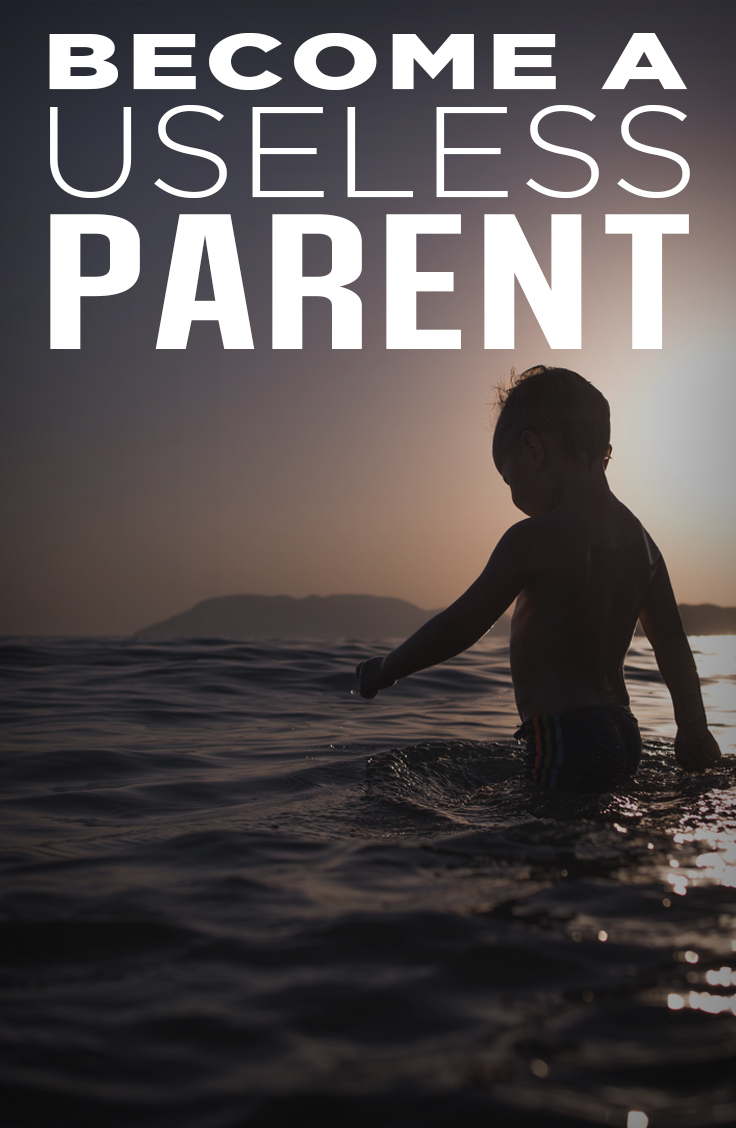 Is it our job as parents to shield our children from things that they do not wish to encounter? If so, what happens when we are gone? We cannot guarantee a safe world, and it would be irresponsible of us as parents to not prepare our children for it. We are entrusted with the responsibility to develop children that are brave, competent, and wise in a world that is harsh, unpredictable, and unforgiving. It will never provide a safe space for them.
Is it our job as parents to shield our children from things that they do not wish to encounter? If so, what happens when we are gone? We cannot guarantee a safe world, and it would be irresponsible of us as parents to not prepare our children for it. We are entrusted with the responsibility to develop children that are brave, competent, and wise in a world that is harsh, unpredictable, and unforgiving. It will never provide a safe space for them.
When you become a parent, your life changes immediately. Your concern as a human being changes from a self centered mindset, demanding unearned rights to being overwhelmed with responsibilities. When I say become useless, I mean it in the healthiest way. Our job as parents, is to create independent, healthy, adults, that can solve their own problems, without blaming others. It begins with stage one.

Newborn
Birth is an indescribable experience. You must go through it to feel it’s power, emotion, and intensity. I often tell my children, that when I met their mother I liked her immediately. I didn’t love her till I felt responsibility for the condition of her heart and well being. But when my children were born, I loved them immediately. I felt instant responsibility for their well being, and unmeasurable happiness followed, along with a constant fear of losing them, and that feeling never ends until you die.
The first night after I watched my first born come into the world, I slept with my hand on her chest making sure she was still breathing. I woke up at the slightest whimper. A sense of worry encompassed my whole being. It is an instinctive trait that is born in us when our children come into the world. The responsibility is innate. They need us to do everything for them. That means giving them the best start possible.
Hold them a lot, because this time is short. You will miss it once they grow out of it, and they will grow to feel safe and comforted.
Smile and talk to them. Infants learn through mimicry. As you smile and talk to them they not only learn to develop these skills, but they begin to get know who you are through your face and voice.
Breast feed them. Breast feeding has many benefits. Higher immune response, better brain development, as well as developing healthy posture and respiratory functions.
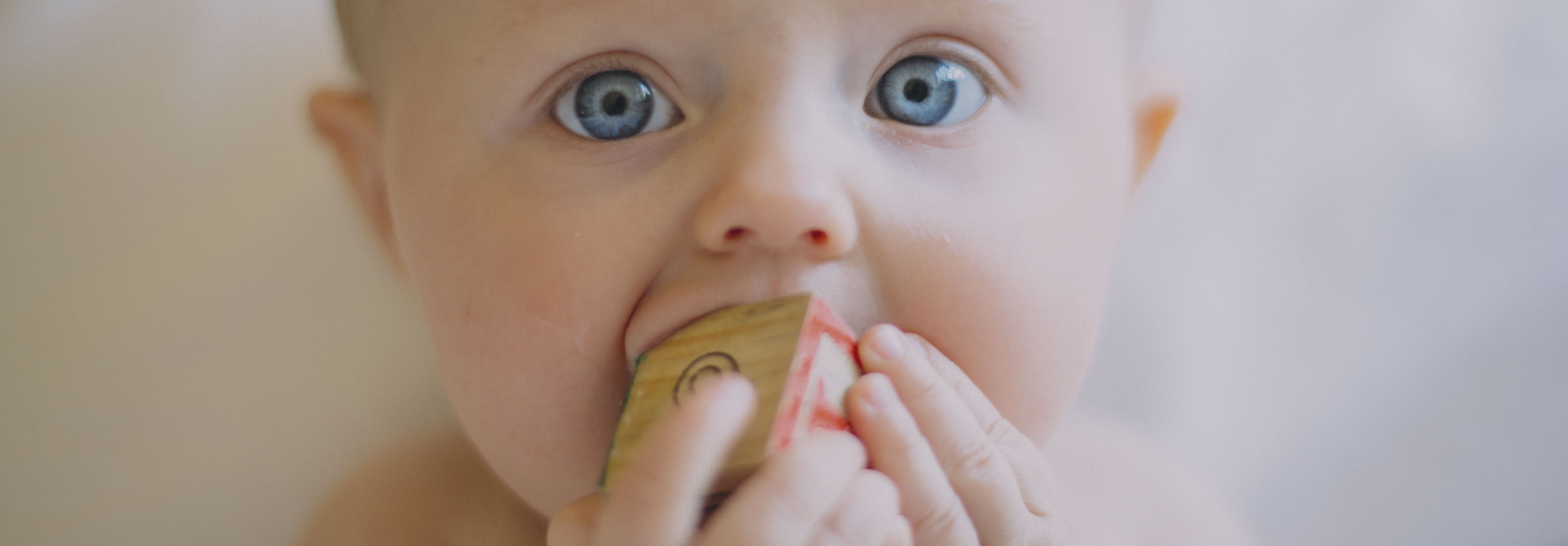
Infancy
In this stage children are developing speech, discovering surroundings and understanding relationships.
Read to your infant often. It teaches them how to sit still and listen, as well as language, cognitive thinking, and memory development. It also reinforces the concept of endeavor and reward through story form. Reading to your infant boosts their desire to learn more through mirroring the characters in the stories that you read.
Find a safe place for them to have individual play. Use blocks, letters, or any type of physical toy that develops fine motor skills. This helps them learn independently and creates confidence.
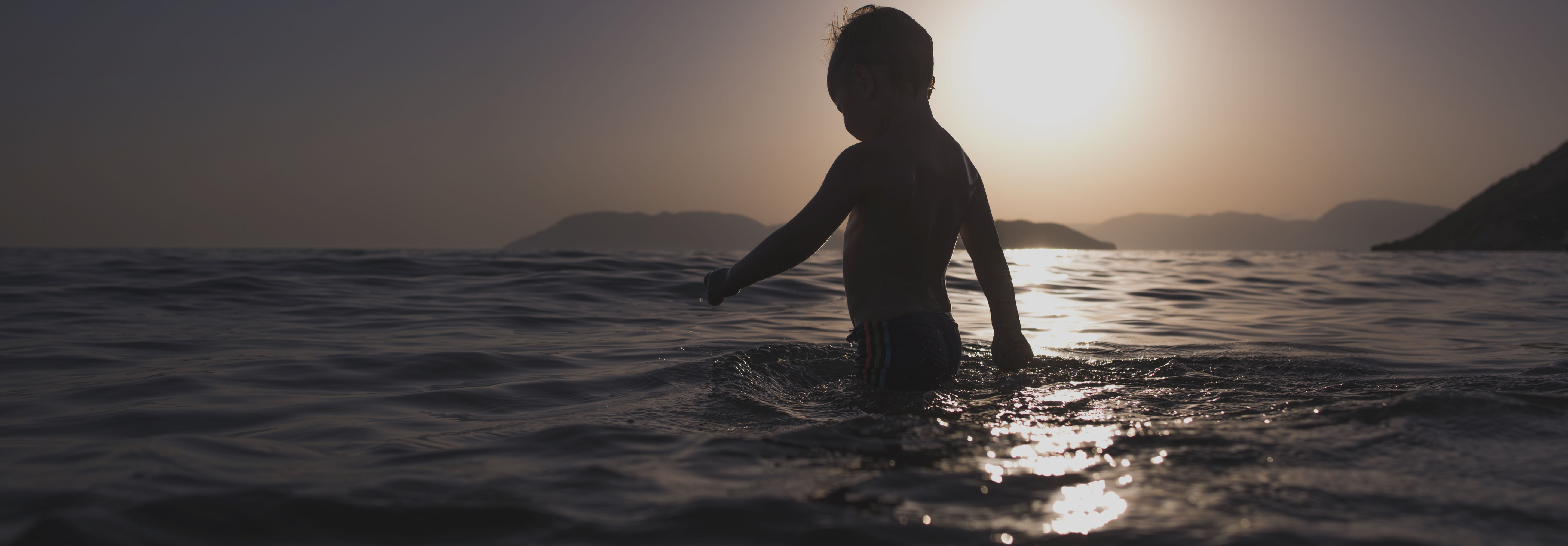
Toddler
Every time my children go through this phase, I am astonished at their complete lack of fear. They know nothing about danger, and therefore fear nothing. It is during this stage that the most work is required of us. I don’t just mean running after them constantly as they gravitate to everything dangerous, messy, and disease infested. By work, I mean explanation. Embrace the question, why?. The best question of mankind.
Don’t just say “because”. Trust me, I know it’s tempting. But your children are hungry for the truth. They will seek it out unless you explain it in the most relatable way. We have a wood stove in our living room, and all my children were curious about it in the winter. As I cleaned and stocked our fire, I would constantly tell them to never touch it. I finally began to pretend that I would touch it and scream when I did and repeat ouch, hot over and over. A simple because wouldn’t suffice. Their needs to be detailed explanation.
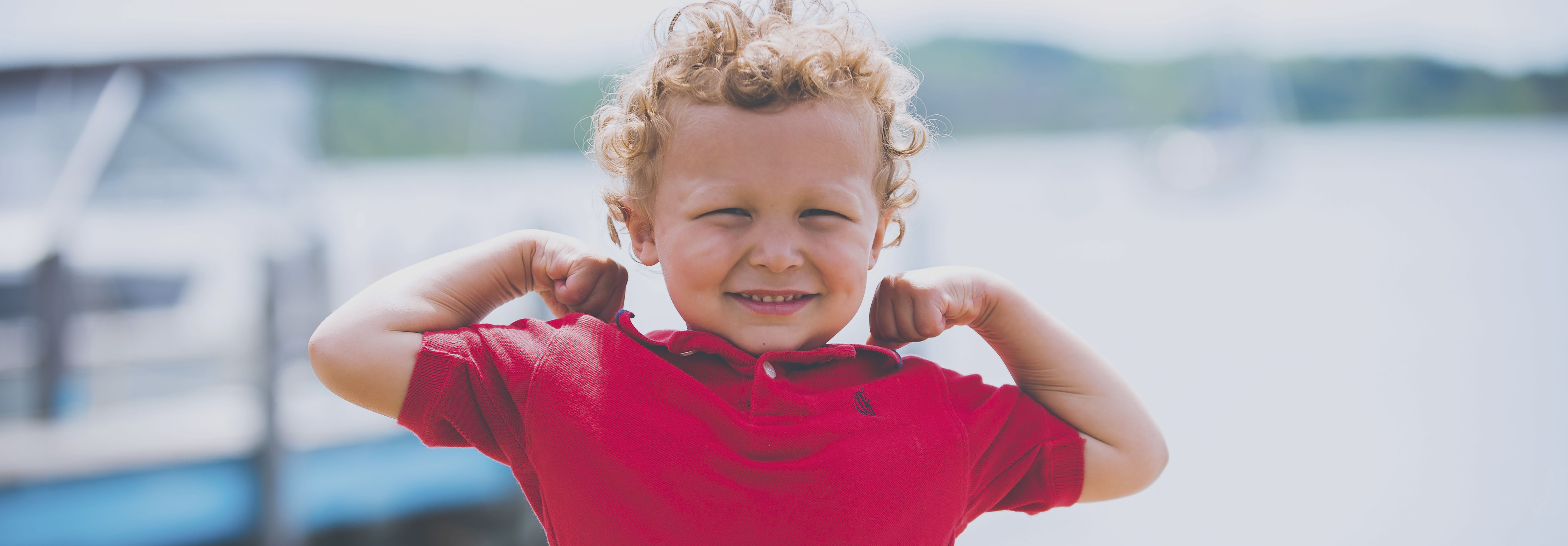
Preschool
Their is a sense of grieving or loss that we feel as parents when our children begin to interact with the world by themselves. It’s the first test. It is difficult to let them go. Especially when they don’t want to, but at some point it is necessary. If we have done our job right as parents it will be a lot easier for them, as well as us.
Start small
You can’t stop your children from testing, and exercising their adventurous limits, and you shouldn’t. So start them small. Find small trees to climb, or short caves to explore. It is the best feeling as a kid, to succeed at something difficult that they hadn’t expected of themselves. As a parent, it is the best feeling to see your children experience the pride of reaching that next level of confidence. Yeah, they are going to get cuts, sprains, and bruises, but it is these small struggles that help them prepare for larger ones.
Get pets
Pets are a great way to educate your children on the realities of life. They have to learn responsiblity with cleaning up after them, feeding them, and even training them. Start with small pets like a fish, a mouse, or even a rat, yes a rat. Rats make great pets. They don’t bite like gerbils and hamsters, and they can actually learn tricks. These kind of pets are an easy way to teach your children about responsibility, reward training, and loss. These pets do not have a long life, but it is a cheap opportunity to walk them through the grieving process.

Childhood
During this stage, children’s thoughts go from external to internal. They begin to develop there identity. They ask big questions, that require well thought and researched answers. Be as honest as possible, but leave them with a meaning to discover for themselves.
Wisdom is not something that is told to us. It is a revelation that is the result of discovery that is searched for through experience in life. Give them the map, explain it to them, but let them find the treasure of truth and meaning. They will carry these wisdoms close to there heart and identity for the rest of their life. As children begin to internalize their identity they begin to understand their value in the world through the responsibility they have to family, friends, and the whole world. So treat them like they are capable of great wisdom, because they are.
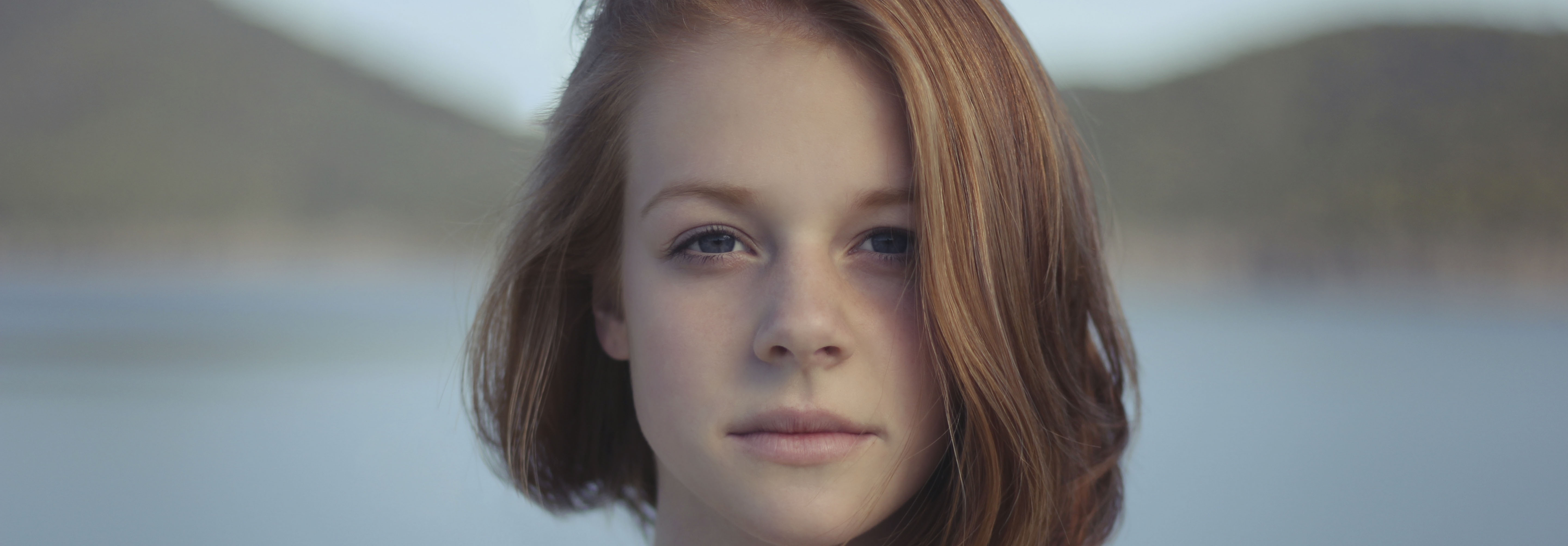
Preteen
Preteens are discovering the value and truth of self identity, and how they fit in society. By that I mean, what is the value of self, friendship, family, and belief. During this stage, many preteens have a tendency to find more value in their friendships, and less in their parents. Because they see friends as their future, and family as their past. This is a particularly difficult transitional phase for families. The truth is that they are both past and future, but the roles change.
Parents need to embrace the idea, that they are beginning to transition from a authority and guiding role to a friendship and advice role. If you have done your job correctly, your preteens will ask you for advice, rather than you telling them what to do. They will look forward to spending time with you and seek your experiential wisdom as they navigate the heartbreaks, difficulties of this confusing stage. Your openness and desire to reveal the truth should be the very reason they return for guidance. Don’t be afraid to admit your mistakes, but give an alternative path in which you wish you would have taken.
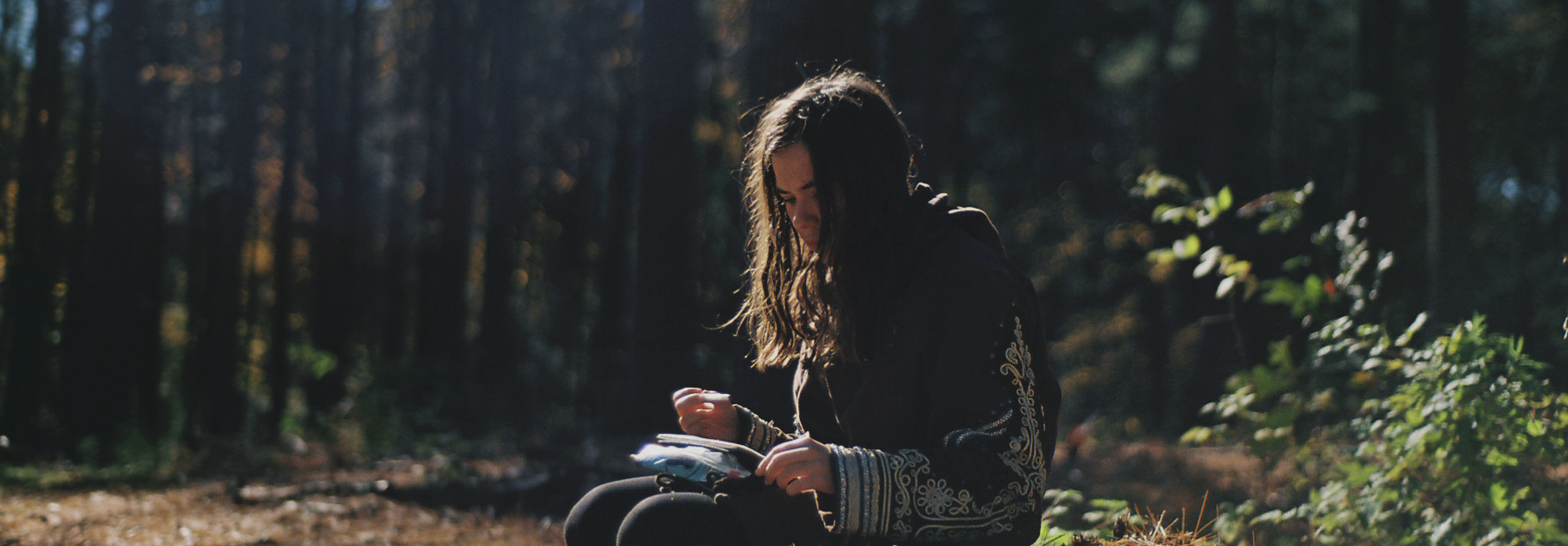
Teenager
Help them do understand value of sacrifice. Something that every parent feels, and understands. In order to receive great reward in the future we must sacrifice some measure, pleasure, and experience difficulty in the present. Eating healthy, exercising, and abstaining from narcotics in order to live longer are a few physical examples. A few mental example would be reading, seeking knowledge, and investing in healthy relationships rather than binge watching shows, playing endless videos games, and searching for self validation through social media
Teach the enjoyment of responsibility in adulthood as the emptiness of childish rights diminish. Show them that the fulfillment of responsibilities is the key to happiness, rather than childishly demanding someone else to fix their problems. Fixing yourself is the most rewarding experience we can achieve, so give your children the right tools and thinking process to do so. They will thank you in the end.
By making ourself useless parents, we assure that our children will some day become better than we are and go on to make this world a better place. They will also enjoy spending time with us, and look forward to our company and advice as we enjoy this beautiful earth together.